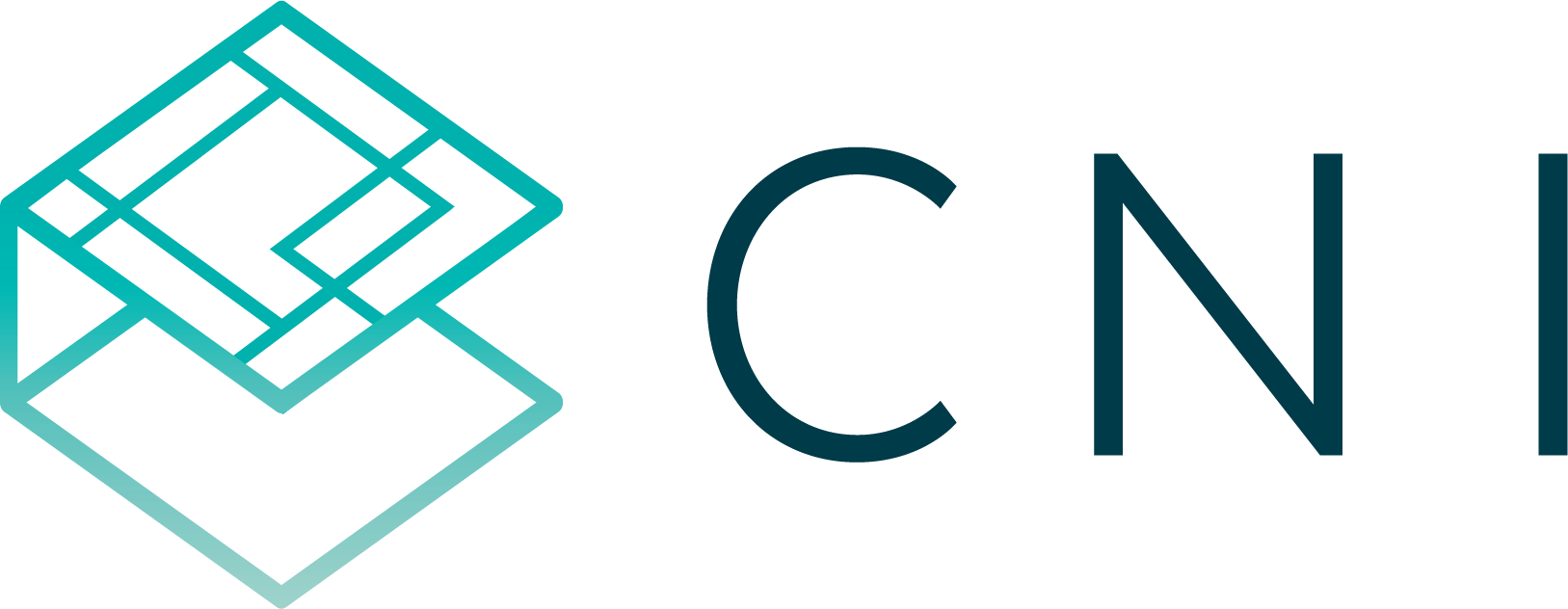Overview
This plugin creates firewall rules to allow traffic to/from container IP address via the host network. It does not create any network interfaces and therefore does not set up connectivity by itself. It is intended to be used as a chained plugins.
Operation
The following network configuration file
{
"cniVersion": "0.3.1",
"name": "bridge-firewalld",
"plugins": [
{
"type": "bridge",
"bridge": "cni0",
"isGateway": true,
"ipMasq": true,
"ipam": {
"type": "host-local",
"subnet": "10.88.0.0/16",
"routes": [
{ "dst": "0.0.0.0/0" }
]
}
},
{
"type": "firewall"
}
]
}
will allow any IP addresses configured by earlier plugins to send/receive traffic via the host.
A successful result would simply be an empty result, unless a previous plugin passed a previous result, in which case this plugin will return that previous result.
Backends
This plugin supports multiple firewall backends that implement the desired functionality.
Available backends include iptables and firewalld and may be selected with the backend key.
If no backend key is given, the plugin will use firewalld if the service exists on the D-Bus system bus.
If no firewalld service is found, it will fall back to iptables.
firewalld backend rule structure
When the firewalld backend is used, this example will place the IPAM allocated address for the container (e.g. 10.88.0.2) into firewalld’s trusted zone, allowing it to send/receive traffic.
A sample standalone config list (with the file extension .conflist) using firewalld backend might look like:
{
"cniVersion": "0.3.1",
"name": "bridge-firewalld",
"plugins": [
{
"type": "bridge",
"bridge": "cni0",
"isGateway": true,
"ipMasq": true,
"ipam": {
"type": "host-local",
"subnet": "10.88.0.0/16",
"routes": [
{ "dst": "0.0.0.0/0" }
]
}
},
{
"type": "firewall",
"backend": "firewalld"
}
]
}
FORWARD_IN_ZONES_SOURCE chain:
-d 10.88.0.2 -j FWDI_trusted
CNI_FORWARD_OUT_ZONES_SOURCE chain:
-s 10.88.0.2 -j FWDO_trusted
iptables backend rule structure
A sample standalone config list (with the file extension .conflist) using iptables backend might look like:
{
"cniVersion": "0.3.1",
"name": "bridge-firewalld",
"plugins": [
{
"type": "bridge",
"bridge": "cni0",
"isGateway": true,
"ipMasq": true,
"ipam": {
"type": "host-local",
"subnet": "10.88.0.0/16",
"routes": [
{ "dst": "0.0.0.0/0" }
]
}
},
{
"type": "firewall",
"backend": "iptables"
}
]
}
When the iptables backend is used, the above example will create two new iptables chains in the filter table and add rules that allow the given interface to send/receive traffic.
FORWARD
A new chain, CNI-FORWARD is added to the FORWARD chain. CNI-FORWARD is the chain where rules will be added when containers are created and from where rules will be removed when containers terminate.
FORWARD chain:
-j CNI-FORWARD
CNI-FORWARD will have a pair of rules added, one for each direction, using the IPAM assigned IP address of the container as shown:
CNI-FORWARD chain:
-s 10.88.0.2 -m conntrack --ctstate RELATED,ESTABLISHED -j ACCEPT-d 10.88.0.2 -j ACCEPT
The CNI-FORWARD chain first sends all traffic to CNI-ADMIN chain, which is intended as an user-controlled chain for custom rules that run prior to rules managed by the firewall plugin. The firewall plugin does not add, delete or modify rules in the CNI-ADMIN chain.
CNI-FORWARD chain:
-j CNI-ADMIN
The chain name CNI-ADMIN can be overridden by specifying iptablesAdminChainName in the plugin configuration
{
"type": "firewall",
"backend": "iptables",
"iptablesAdminChainName": "SOME-OTHER-CHAIN-NAME",
}
